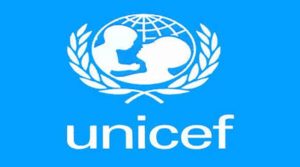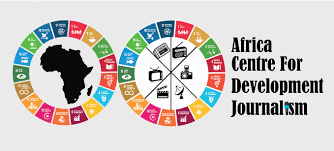Lake Chad conflict: UNICEF decries surge in Boko Haram’s use of children for ‘suicide’ attacks

The United Nations Children’s Fund (UNICEF) has decried the ‘alarming surge’ in the number of children used in ‘suicide’ attacks in the Lake Chad conflict; the figures has surged to 27 in the first quarter of 2017, compared to nine over the same period last year, says a new report released by UNICEF on Wednesday.
“In the first three months of this year, the number of children used in bomb attacks is nearly the same as the whole of last year – this is the worst possible use of children in conflict,” says Marie-Pierre Poirier, UNICEF’s regional director for West and Central Africa.
The increase reflects an alarming tactic by the insurgents, according to the report ‘Silent Shame: Bringing out the voices of children caught in the Lake Chad crisis.’ So far, 117 children have been used to carry out bomb attacks in public places across Nigeria, Chad, Niger and Cameroon since 2014: four in 2014, 56 in 2015, 30 in 2016 and 27 only in the first three months of 2017. Girls have been used in the vast majority of these attacks.
As a consequence, girls, boys and even infants have been viewed with increasing fear at markets and checkpoints, where they are thought to carry explosives.
“These children are victims, not perpetrators,” says Poirier. “Forcing or deceiving them into committing such horrific acts is reprehensible.”
Released three years after the abduction of over 200 schoolgirls in Chibok, the report provides troubling accounts by children who were held in captivity at the hands of Boko Haram, and shows how these children are met with deep suspicion when they return to their communities.
In interviews, many children who have been associated with Boko Haram report that they keep their experience secret because they fear the stigmatization and even violent reprisals from their community. Some are compelled to bear their horrors in silence as they remove themselves from other groups for fear they might be stigmatized.
The report also highlights the challenges that local authorities face with children who have been intercepted at checkpoints and taken into administrative custody for questioning and screening, raising concerns about the prolonged periods of custody. In 2016, almost 1,500 children were under administrative custody in the four countries.













